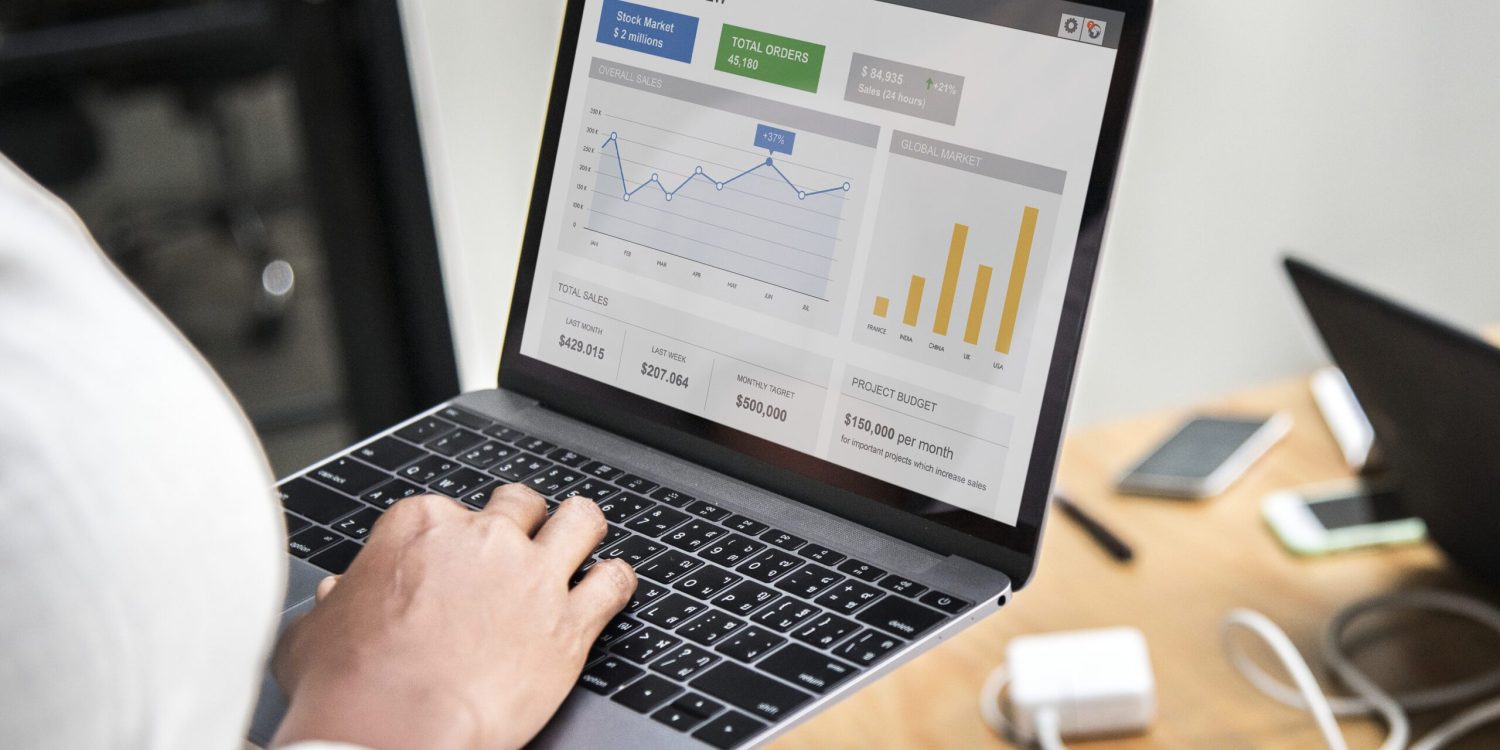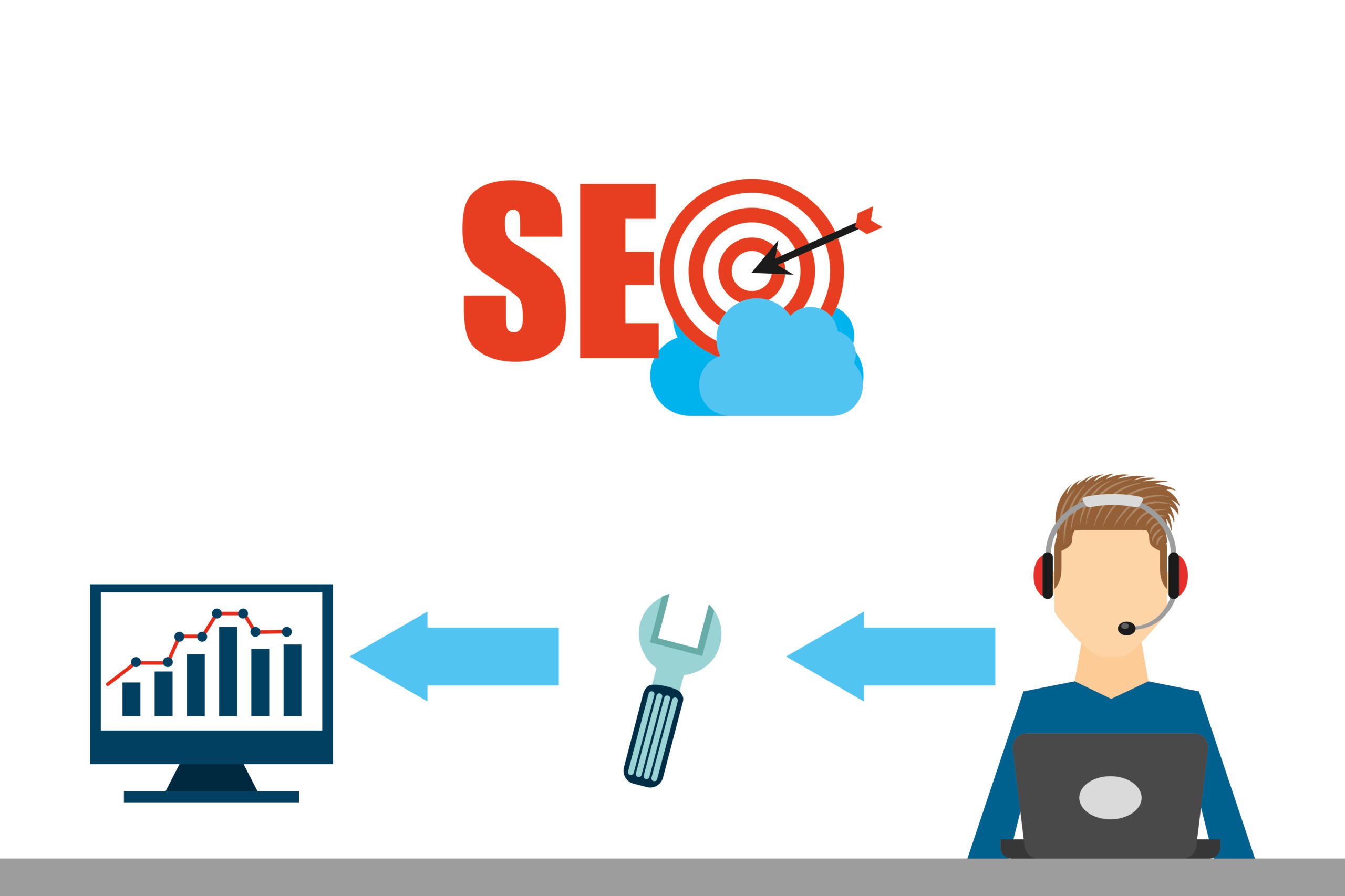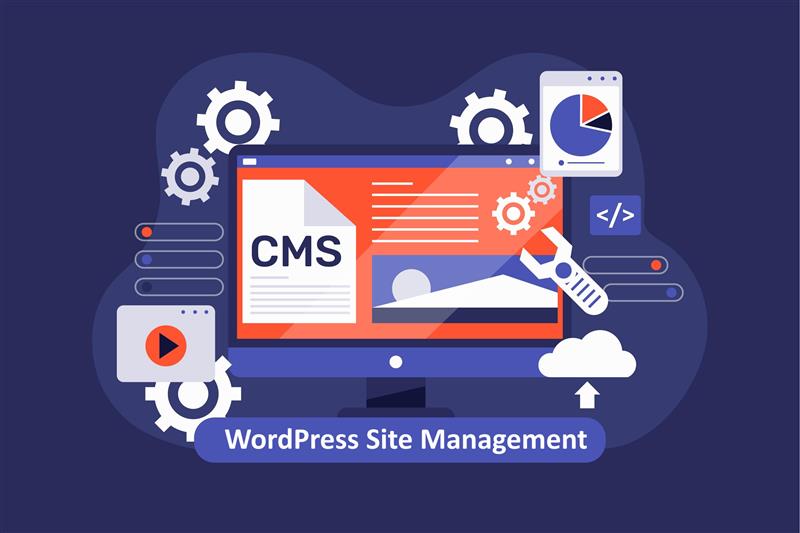The key to running a successful online business is to use data strategically. You want to know where the majority of your customers are coming from, and you want to target that area. The best place to find this information is Google Analytics, and yet most website owners opt for expensive SEO tools.
Do not make the mistake of ignoring the goldmine of data sitting inside your Analytics dashboard. Read this blog and learn the best SEO hacks every website owner should know.
What is Google Analytics for SEO?
Google Analytics isn’t about increasing numbers, but it is a critical tool that shows:
- Where your traffic is coming from
- Which pages perform best
- Where users drop off
- How mobile vs. desktop users behave
- Which keywords convert
When paired with a website audit, it becomes a valuable asset in your SEO toolkit.
Must-Know SEO Hacks For Website Owners
Check out these SEO hacks that you should know to harness the power of Google Analytics fully:
Hack 1: Conduct a Detailed Website Audit Using Google Analytics
Conducting a thorough website audit provides you with important information about performing and non-performing pages. Go to Behavior and check the pages for performance. Check landing pages to identify underperforming entry points. You can also filter it by bounce rate, exit rate, and session duration.
When combined with a website audit, you can sort out irrelevant pages and decide what to improve, delete, or consolidate.
Hack 2: Improve Technical SEO with Analytics Insights
Does your website have crawl errors? Google Analytics doesn’t show you the errors, but it does hint at them. Crawl errors, if left unaddressed, can impact your website’s performance. So, check the site speed and whether pages are loading slow—these impact user experience and rankings.
You can also extract relevant data from Device reports and check how mobile users interact with your site.
These steps will help uncover deeper technical flaws, such as redirect chains, 404s, and duplicate content. These must be fixed to boost indexation and crawlability.
Hack 3: Optimize High-Traffic Pages for Better Conversions
There is always room for improvement, even on the pages that get decent traffic. You can locate these by analyzing bounce rate, average session duration, and goal completions. The obtained data is used to enhance calls to action, restructure content, or improve UX.
If you want to increase conversions, using this data can help you achieve your goal without incurring additional expenses on ads or content.
Hack 4: Leverage Backlink Data for Ranking Boosts
It is a complex technique that requires a comprehensive website backlink audit by a professional. Backlinks bring visitors from other websites, and thus, they must be analyzed to determine referral traffic.
You need to identify which backlinks are generating traffic and focus on those strategies.
Partner with Viewpoint Innovations for a thorough website backlink audit.
Hack 5: Monitor and Improve Keyword Performance
If you have connected Google Search Console to Analytics, you can view keyword data under Acquisition > Search Console > Queries.
You must track the most clicked keywords, average position, and CTR.
This data is used to optimize the website by improving title tags and meta descriptions, creating more content around winning keywords, and optimizing underperforming keywords that are currently stuck on page 2 of Google.
Hack 6: Measure and Reduce Bounce Rate
Bounce rate tells you how engaging your content is. The lower the bounce rate, the better. A high bounce rate typically indicates weak page design, slow loading times, irrelevant content, and unclear calls to action.
Sort pages by bounce rate and conduct a website content audit for high bounce pages.
Hack 7: Track and Optimize for Conversions
What’s the point of SEO if it doesn’t convert?
You must set up goals and track the pages and traffic sources that lead to those conversions.
It allows you to focus your SEO efforts on business and strategies that actually work.
Final Words
Google Analytics is a powerful tool that, when combined with SEO analytics, can help fine-tune keyword strategies and boost conversions.
If the information seems overwhelming, do not worry, and consult us at Viewpoint Innovations. We assist businesses and agencies across various areas, including comprehensive site audits, technical SEO strategies, SEO optimization, and more. We have the tools and talent, so let us guide you.
Frequently Asked Questions
Que: How often should I do a website audit using Google Analytics?
Ans: Conducting a website audit once a quarter is sufficient unless there are major changes to the website.
Que: Can Google Analytics help with technical SEO?
Ans: Yes, it can help indirectly by revealing page speed issues, device performance, and user behavior patterns that point to technical problems.
Que: What’s the difference between a website audit and a website backlink audit?
Ans: A website audit looks at your overall site health, including content and technical issues. A website backlink audit focuses specifically on the external links, examining their quality, toxicity, and value.
Que: Which Google Analytics report is most useful for SEO optimization?
Ans: Landing Pages and Search Console Queries are incredibly useful for identifying which content performs best and which keywords drive traffic.
Que: Do I need other tools besides Google Analytics for SEO analytics?
Ans: Yes, you must pair it with tools like Search Console, Ahrefs, or SEMrush for a complete SEO picture.














